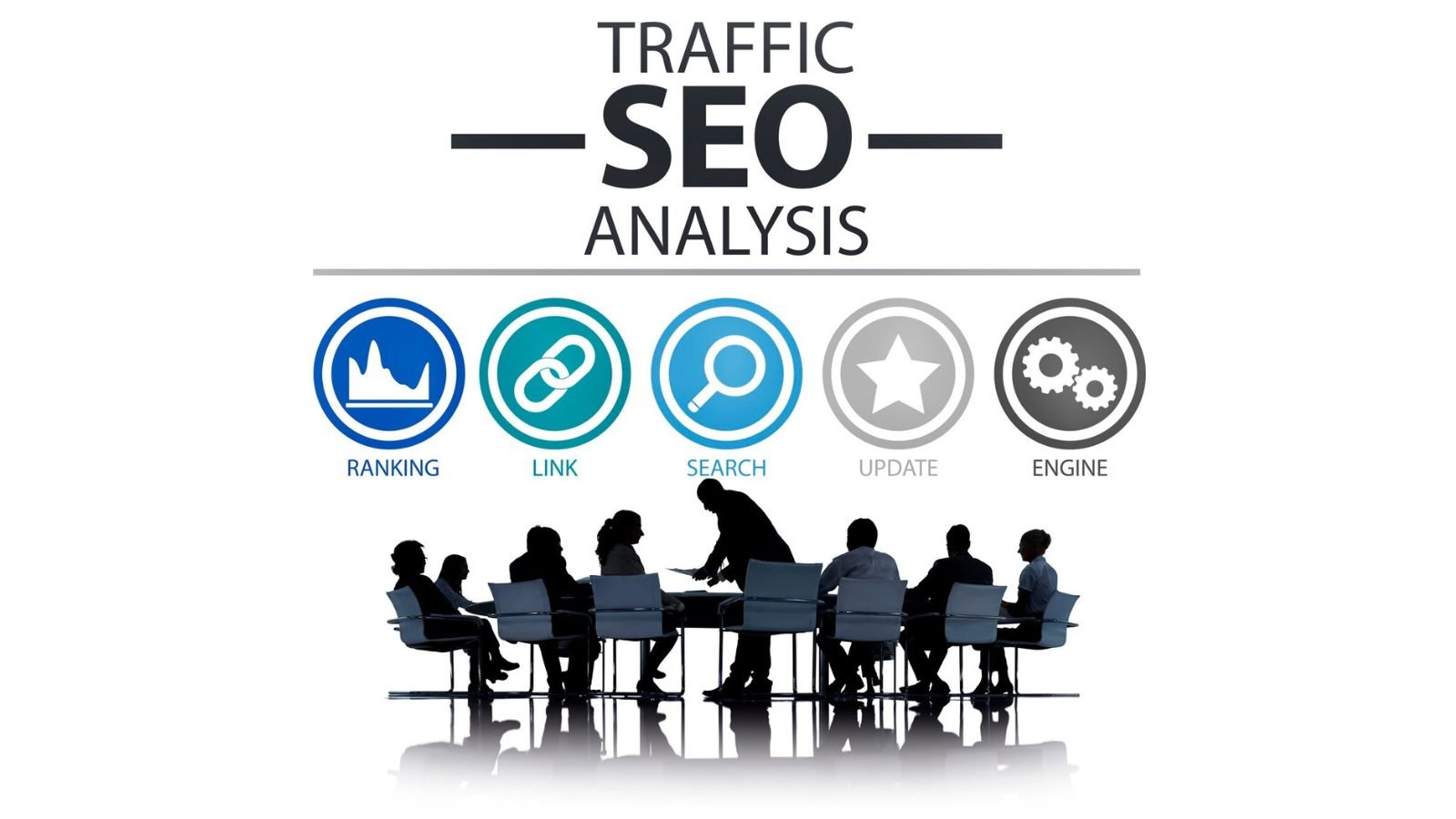Top 20 On-Page SEO Techniques to Drive Traffic

Top 20 On-Page SEO Techniques to Drive Traffic
SEO on the web is a crucial element in increasing your site's position in search results. If you're looking to bring higher traffic and boost popularity, then implementing the proper strategies is vital. Here are the best 20 SEO on-page strategies that will help you increase your rankings as well as improve engagement.
Boost your website traffic with the top 20 on-page SEO techniques. Get expert SEO services in India to improve rankings and grow your online presence.
1. Optimize Title Tags
Your title tag must be appealing, keyword-rich, and less than 60 characters for visibility of your search results.2. Use Meta Descriptions Effectively
A properly written meta description (150-160 pages) with relevant keywords enhances the CTR and search ranking.3. Implement Proper Heading Tags (H1, H2, H3, etc. )
The organization of content with well-structured headings will make it easier for search engines to comprehend your website.4. Improve URL Structure
Maintain URLs that are simple, informative, and focused on keywords to improve the readability of your site and improve SEO performance.5. Optimize Image Alt Text
The addition of alt-text with pertinent terms aids search engines in understanding your photos and enhances accessibility.6. Use Internal Linking
Linking other pages to your site enhances accessibility, and improves engagement.7. Improve Page Load Speed
Fast-loading pages enhance user experience. Utilize the image compression feature or caching as well as the fastest web hosting service to improve speed.
8. Mobile-Friendliness is a Must
By using mobile-first indexing, making sure your website is mobile-friendly and responsive is vital.9. Focus on High-Quality Content
Making useful, informative, and interesting information helps keep users coming back to your site for longer and improves the rankings.10. Optimize for Featured Snippets
Give short and precise answers to frequently asked questions for a better chance of appearing in featured articles.11. Use LSI (Latent Semantic Indexing) Keywords
The inclusion of related terms and their synonyms can make content more context-appropriate and SEO-friendly.12. Implement Schema Markup
The addition of structured information (schema markup) helps search engines recognize your content and helps improve rich short snippets.13. Improve Readability and UX
Utilize brief paragraphs, bullet points, and basic languages for improved reader readability and engagement.14. Include Outbound Links
Linking to reliable sources increases credibility and also helps crawlers understand your website's content.15. Optimize for Voice Search
Make use of a natural, conversational voice and concentrate on the long-tail keywords to improve results in voice searches.16. Leverage Social Sharing
In addition, adding sharing buttons on social media helps to increase participation and the amount of traffic coming from social media.
17. Reduce Bounce Rate
Enhance engagement of content. Increase engagement with content by providing easy CTAs, related articles, and multimedia components.18. Ensure HTTPS Security
A secured site (SSL certificate) improves trust and indexing.19. Keep Content Fresh and Updated
Every so often, refresh old information to ensure it is relevant and to maintain your SEO ranking.20. Optimize for Local SEO
If you're targeting audiences in the local area for the local audience, you can use Google My Business, local search terms, as well as location-specific material. Utilizing on-page SEO strategies will significantly improve your site's rank, boost organic traffic, and increase the engagement of your users. Keep up-to-date with the newest SEO techniques and continually optimize your content for the most effective outcomes. If you need expert SEO techniques, contact Okkdigital today to help take your website to the top of the line!FAQs
1. What is on-page SEO?
On-page SEO is the process of improving the content on websites and HTML elements in order to boost the rankings of search engines and improve users' experience.
2. What is the significance of page speed in SEO?
Speedier loading pages improve the user experience, decrease bounce rates, and boost results on search engines.
3. When should I make sure to update the content on my website?
Updates regularly, usually every 3 months, help keep the relevance and increase ranking.
4. What's the optimal length of an optimized URL?
An SEO-friendly URL must be brief (50-60 characters), Keyword-rich, and informative.
© Copyright by Okk Digital
